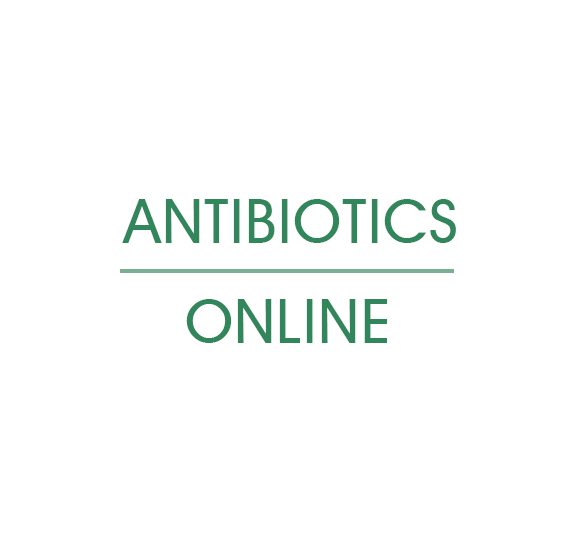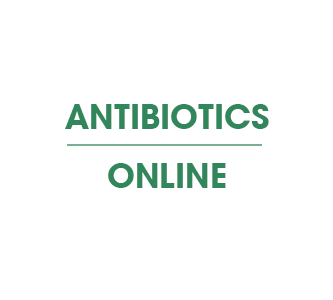Fasigyn
Pharmacotherapeutic class - antibiotics of the 5-nitroimidazole family.
This medicine is indicated:
In adults for the following infections:
- urogenital trichomoniasis, non-specific vaginitis, lambliasis, amoebiasis and in the prevention of infections during certain surgical procedures
N.B.: In the treatment of Trichomonas infections and non-specific vaginitis, it is necessary to treat the partner at the same time.
In children in the treatment of lambliasis.
What Does Fasigyn Contain?

The active substance is: tinidazole 500 mg per coated tablet.
The other ingredients
Maize starch, microcrystalline cellulose, alginic acid, magnesium stearate, sodium lauryl sulphate, hypromellose, titanium dioxide, propylene glycol.
Packaging
PVC aluminium blister pack(s) of 4 tablet(s).
How To Take
Adults
Trichomoniasis, lambliasis, non-specific vaginitis: 2 g in a single dose.
Amoebiasis: 1.5 g per day, taken as a single dose, for. 4 to 5 days.
Prevention of post-operative anaerobic infections: 2 g in a single dose 4 to 8 hours before the operation.
In all cases, comply strictly with your doctor's prescription.
Method of administration: oral administration.
Frequency of administration: the medicine should preferably be taken between meals.
Children
Lambliasis: 50 to 70 mg/kg in a single dose, not exceeding 2 g.
Side Effects
Like all medicines, this drug may cause undesirable effects, but they do not occur systematically in everyone.
Undesirable effects are rare, moderate and limited:
- metallic taste in the mouth, pasty tongue, digestive disorders (nausea, abdominal pain, vomiting, diarrhoea)
- hypersensitivity reactions with skin rash, pruritus (itching), urticaria
- headache, fatigue, dizziness, dark urine
- rarely: convulsions
- transient leukopenia (abnormally low number of white blood cells in the blood).
Reporting side effects
If you experience any side effects, please tell your doctor or pharmacist. This also applies to any side effect not mentioned in this leaflet.
By reporting adverse reactions, you are helping to provide more information about drug safety.
Precautions
Never take Fasigyne tablet:
- if you are allergic to tinidazole or to any of the other ingredients of this medicine.
This medicine must not be used, except on the advice of your doctor, if you are being treated with disulfiram or if you are taking alcoholic beverages or medicines containing alcohol.
If in doubt, seek the advice of your doctor or pharmacist.
Take special care with Fasigyne coated tablet:
- In the event of urticaria or nervous disorders (reduced consciousness and alertness, dizziness, incoordination of movements, convulsions), discontinue treatment and inform the doctor treating you
- Avoid taking alcoholic beverages or medicines containing alcohol.
Use this medicinal product with caution in the event of blood count abnormalities.
Interactions
Unadvisable combinations
- Disulfiram
Delusions, confusional state
- Alcohol
Antabuse effect (heat, flushing, vomiting, tachycardia); avoid alcoholic drinks and medicines containing alcohol.
Combinations subject to precautions for use
- Oral anticoagulants (described for warfarin)
Increased effect of oral anticoagulant and increased risk of haemorrhage due to reduced hepatic catabolism.
Prothrombin level checked more frequently and TNR monitored; oral anticoagulant dosage adjusted during treatment with tinidazole and 8 days after its discontinuation.
Special problems associated with INR imbalance
Numerous cases of increased activity of oral anticoagulants have been reported in patients receiving antibiotics. The patient's infectious or inflammatory background, age and general condition appear to be risk factors. In these circumstances, it appears difficult to distinguish between the infectious pathology and its treatment in the occurrence of INR imbalance. However, specific classes of antibiotics are more frequently associated with these issues, including fluoroquinolones, cyclins, macrolides, cotrimoxazole, certain cephalosporins.
Driving vehicles and using machines
Due to the risk of dizziness, caution should be exercised by drivers of vehicles and users of machinery.
Pregnancy and Breastfeeding
Tell your doctor if you are pregnant or breast-feeding.
Fasigyn has not been shown to be teratogenic in two species (rat, mouse).
In the absence of epidemiological studies, the small number of pregnancies exposed means that it is not safe in terms of malformations.
Consequently, the use of tinidazole should only be considered after careful evaluation of the expected therapeutic benefit.
Fasigyn should not be administered during lactation, as it may be excreted in breast milk.
Pharmacokinetic Properties
Distribution
Following oral administration, tinidazole is rapidly and completely absorbed, reaching peak serum levels within 2 hours and then slowly decreasing. In healthy volunteers, peak plasma levels 2 hours after oral administration of 2 g are between 40 and 51 mg/1; at 24 hours, concentrations are between 11 and 19 mg/1. At more than 72 hours, concentrations of around 1 mg/1 can still be detected.
The plasma elimination half-life is 12 to 14 hours.
Haemodialysis significantly shortens the plasma elimination half-life.
Plasma protein binding is low, in the region of 8 to 12%.
Fasigyn is well distributed in the various tissues at effective concentrations.
Fasigyn crosses the cerebromeningeal and placental barriers and is excreted in breast milk.
The apparent volume of distribution is approximately 50 litres.
Biotransformation
Approximately 20 to 25 per cent of the administered dose is found unchanged in the urine, 2 to 3 per cent as hydroxymethyl tinidazole, 30 per cent of the urinary radioactivity is related to a highly polar metabolite.
Elimination
Fasigyn is excreted by the kidneys and liver. Research involving healthy volunteers has demonstrated that 60 to 65% of the administered dose of tinidazole is excreted by the kidneys within five days, with 20 to 25% of that amount remaining unchanged. Additionally, about 12% of the dose is expelled through the feces.
In patients with impaired renal function
Studies in patients with impaired renal function (creatinine clearance < 22 ml/min) show that there are no statistically significant changes in pharmacokinetic parameters in these patients. Consequently, no dosage adjustment is necessary.
What should you know about Antibiotics?
Antibiotics are effective in fighting infections caused by bacteria. They are not effective against infections caused by viruses.
Your doctor has chosen to prescribe you this antibiotic because it is specifically suited to your case and your current illness.
Bacteria have the ability to survive or reproduce despite the action of an antibiotic. This phenomenon is called resistance: it renders certain antibiotic treatments inactive.
Resistance increases with the overuse or inappropriate use of antibiotics.
You run the risk of encouraging the appearance of resistant bacteria and therefore delaying your recovery or even rendering the medicine inactive, if you do not comply with:
- the dose to be taken
- when to take it
- and the duration of treatment.



